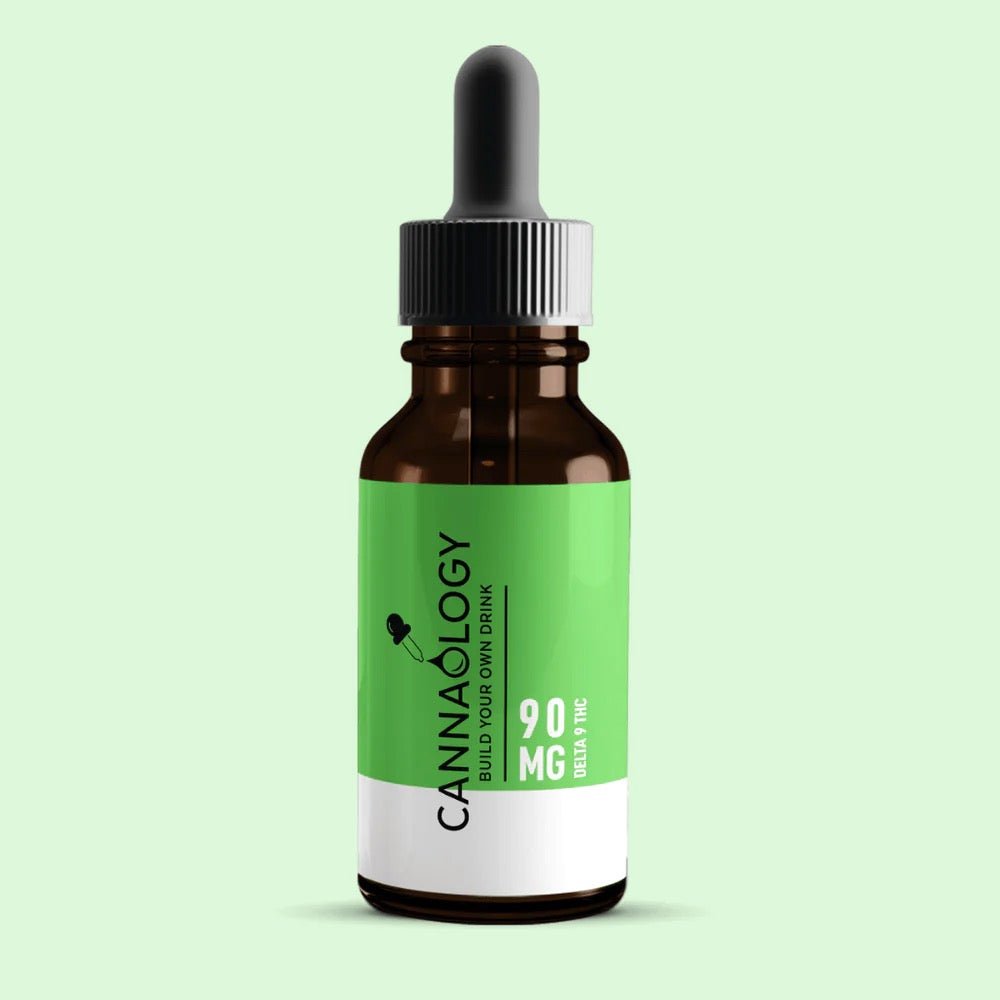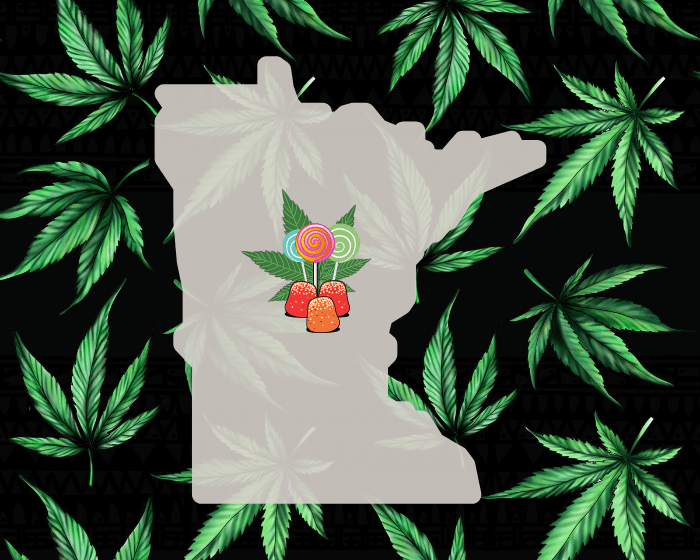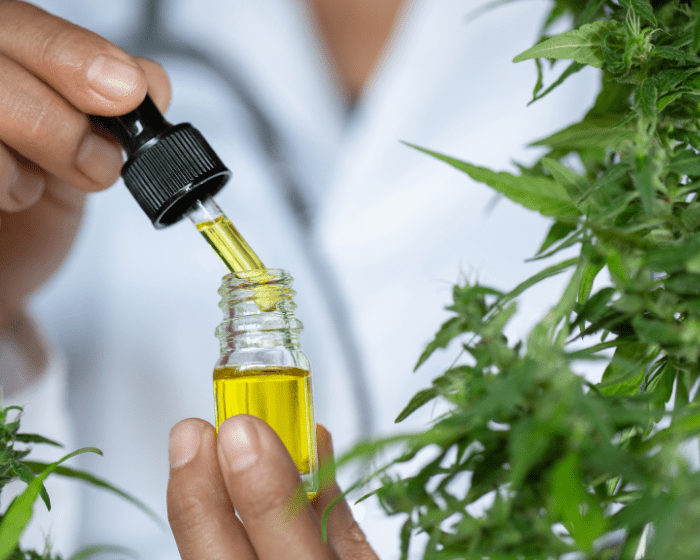
Tennessee State Rep. Chris Hurt (Republican) introduced a bill January 11 that would regulate and tax delta-8 THC. The tax extends to other hemp-derived cannabinoids as well.
House Bill 1690 proposes limiting sales and possession of “intoxicating cannabinoids derived from hemp" to ages 21 and up.
It would also require licenses for retailers and wholesalers selling hemp-derived cannabinoids, intoxicating or not. Finally, it would set a 6.6 percent tax on wholesale of hemp-derived cannabinoids.
House Bill 1690 proposes limiting sales and possession of “intoxicating cannabinoids derived from hemp" to ages 21 and up.
What’s Delta-8 THC?
Delta-8 has a chemical makeup with one slight variation from delta-9, the most abundant form of naturally-occurring THC. And it has similar psychotropic effects.
Unlike delta-9, however, delta-8 is typically sourced from hemp and isn't prohibited at the federal level — the federal government specifically lists delta-9 THC in its distinctions between hemp and marijuana. State-level regulations on delta-8 range from complete bans to no restrictions at all.
Bill is an effort to ‘legitimize the industry,’ says its sponsor
“The bill seeks to regulate psychotropic hemp-derived cannabinoids,” reports the Nashville Post, “which include products that have more than 0.1 percent THC. (Current federal regulations limit THC to 0.3 percent.) That includes products containing the newly popular delta-8 but not pure CBD products, which do not contain THC.”
Hurt, who said he filed the bill in an effort to “legitimize the industry,” is a former hemp farmer and now co-owns a CBD company, according to the Post. He’s also a member of the Agriculture and Natural Resources Committee.
Hurt worked with Joe Kirkpatrick of the Tennessee Growers Coalition to develop the bill. The pair said the bill, of approved, would make Tennessee the first state to specifically tax and limit the sale of hemp-derived cannabinoids.
“People think that Tennessee is the last to do anything when it comes to the hemp industry,” Kirkpatrick told the Post, “but they are forgetting that Tennessee was the first state to allow and define smokable hemp and the first state to allow the feeding of hemp to livestock.”
The pair would like to see revenue from the proposed 6.6 percent tax — which could generate an estimated $4-5 million — used to ensure product safety by increasing oversight through the Department of Agriculture.
“No one is testing these products to make sure products have what they really say they have in them,” Hurt said.
“No one is testing these products to make sure products have what they really say they have in them.”
— Tennessee Rep. Chris Hurt (R-Halls)
Although there are many credible and trustworthy brands selling delta-8, CBD, and other hemp-derived products, others forge lab-test results, leaving buyers with inaccurate sense of cannabinoid content and potentially contaminants or unknown additional ingredients.
What Are the Bill’s Chances?
The current legislative session is just ramping up. According to the Nashville Post, “it could take weeks or months before lawmakers fully consider Hurt’s proposal, which as of Thursday does not yet have a Senate sponsor.”
However, many states have acted quickly to regulate delta-8 THC and other psychotropic cannabinoids currently being sold anywhere from gas stations to cannabis dispensaries without age restrictions.
The Tennessee Growers Coalition is nearly finished drafting a second, broader bill that would legalize medical and recreational cannabis use, Kirkpatrick told the Post.
Such a bill would not make the delta-8 bill obsolete, however, as House Bill 1690 addresses hemp-based products and THC isomers. Currently these are in a regulatory gray area not governed by other cannabis law.







































